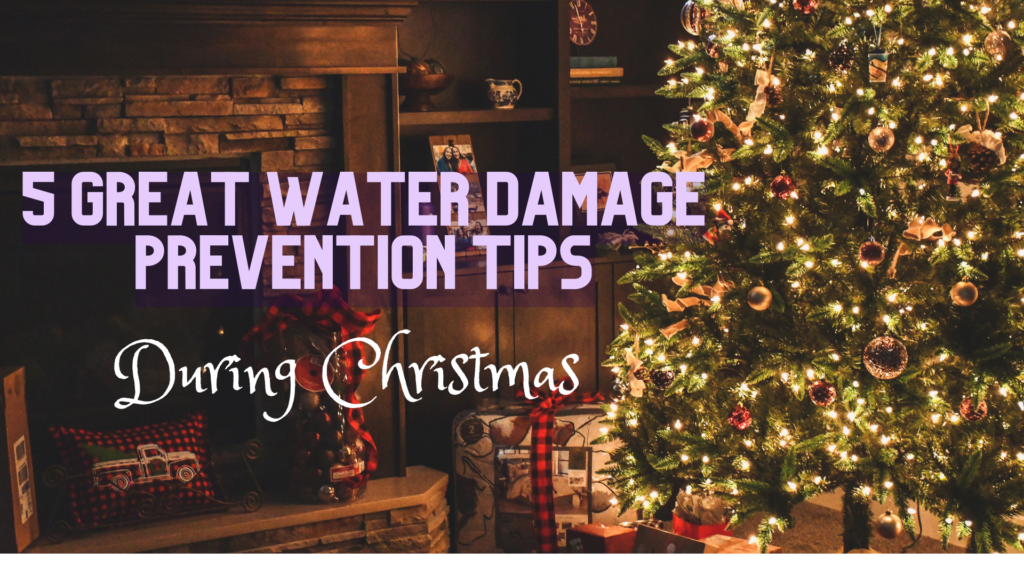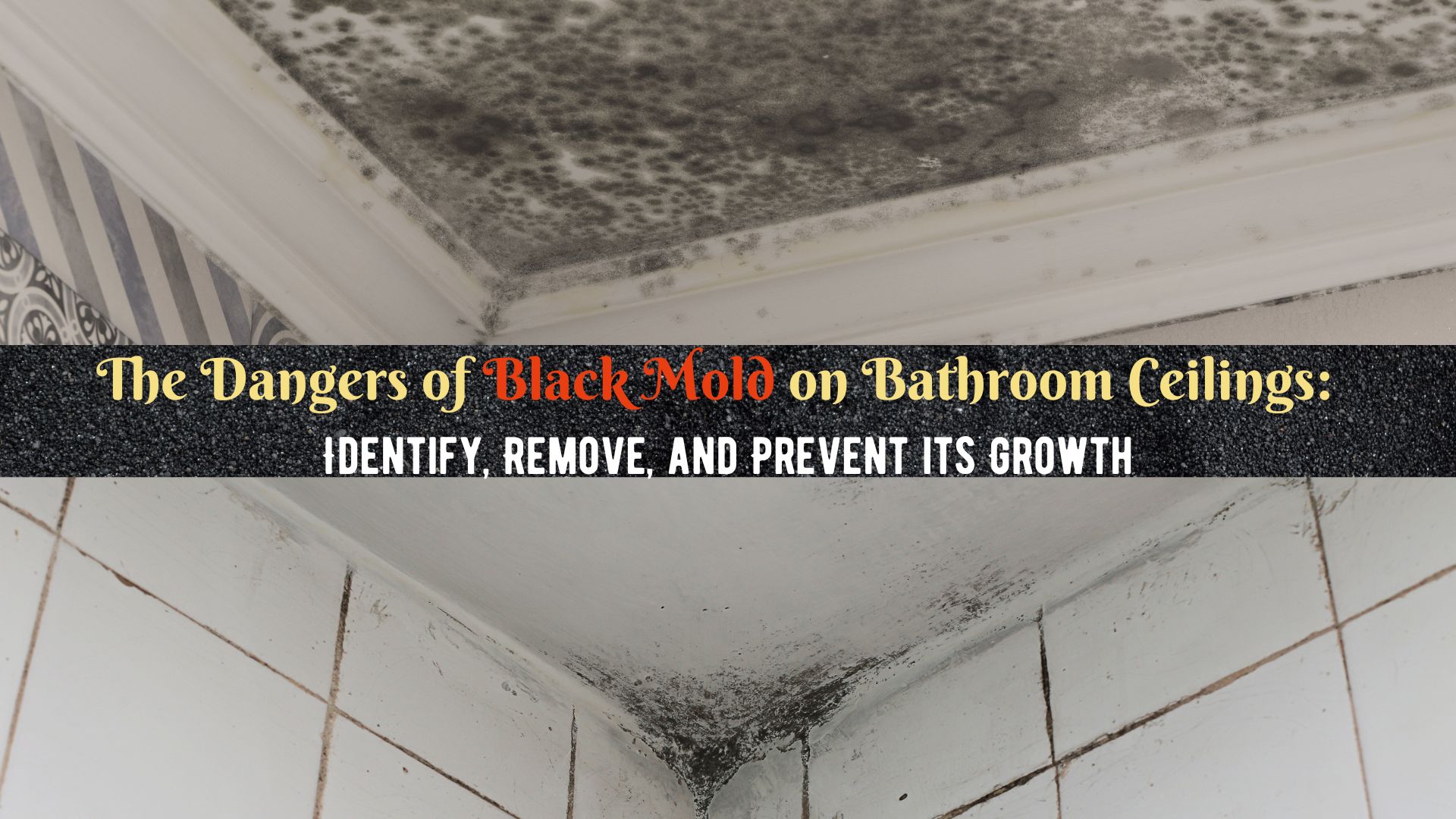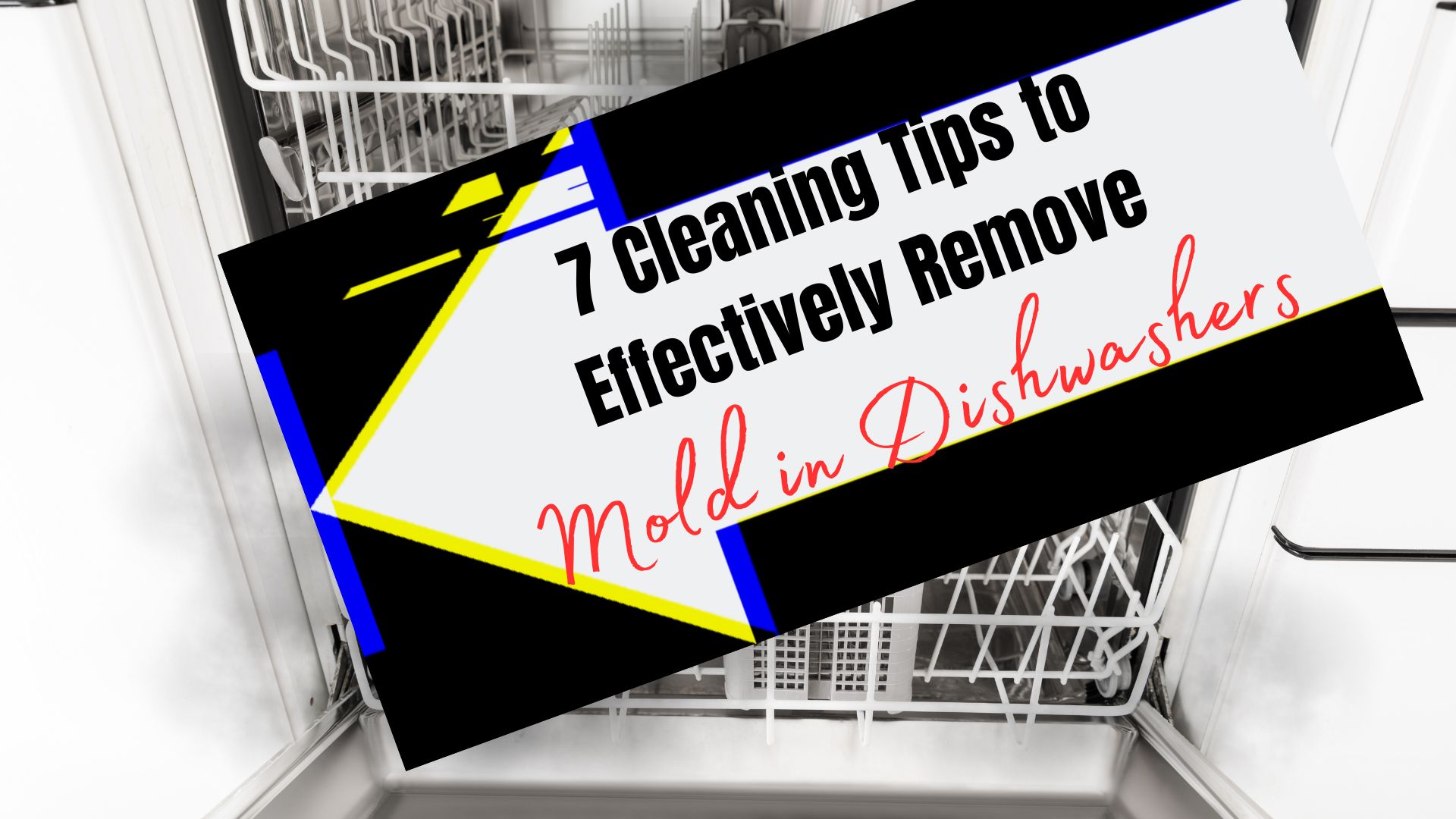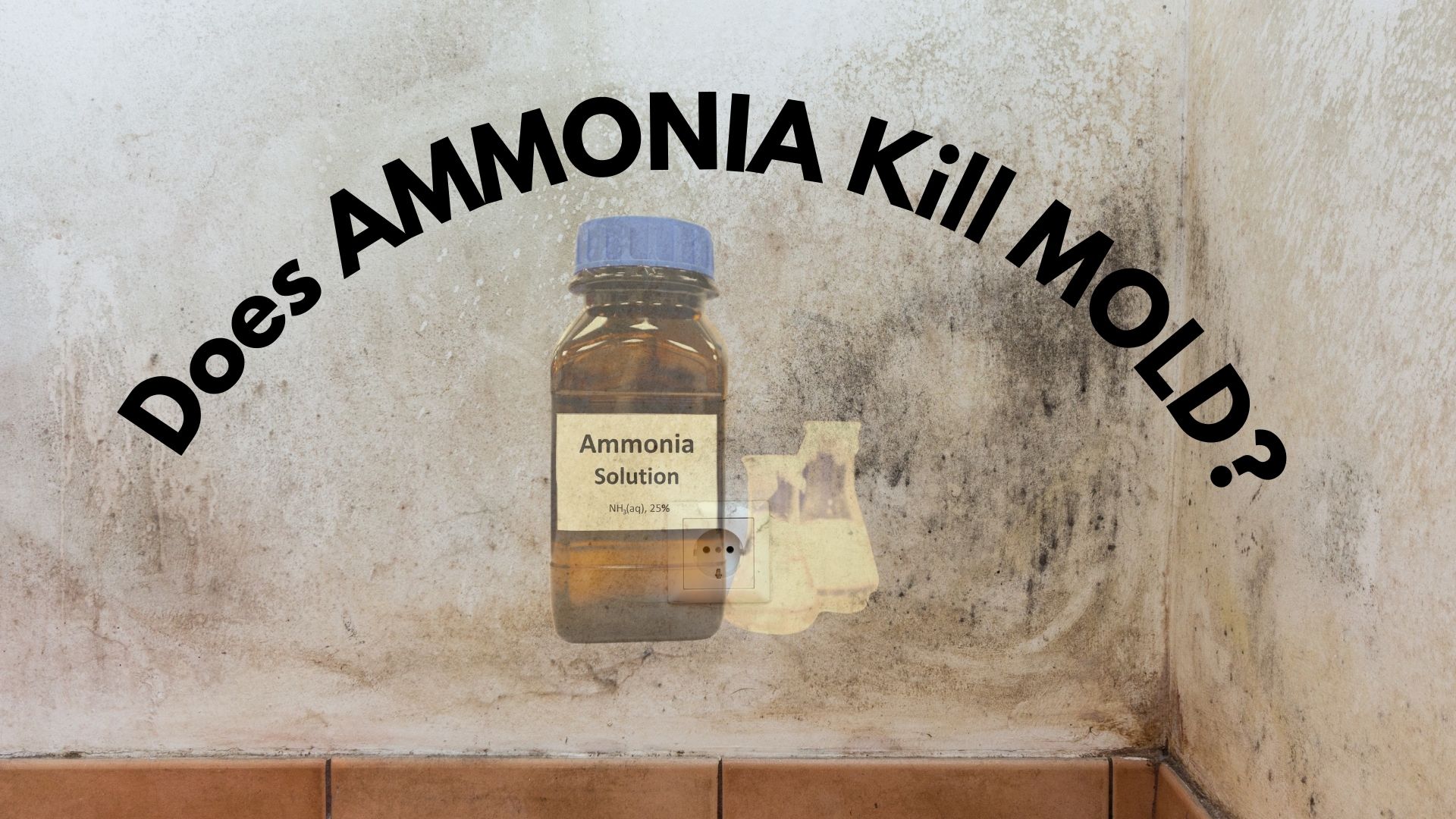Water Damage Prevention Tips During Christmas
During the colder winter months, particularly around Christmas time, there are various factors that can increase the likelihood of Christmas water damage. However, our aim is to assist you in avoiding such an unfortunate event by providing useful tips for water damage prevention. It will not only help you stay safe but also minimize any potential damage to your property.
Water Damage Prevention Tip 1: Frozen Pipes
During the winter months, including December, January, and February, many areas in the US experience their coldest temperatures, leading to plumbing leaks in properties. Severe cold temperatures can cause water to freeze in pipes. As water freezes, it expands and exerts pressure on the pipes, resulting in cracks at weak points in the system. When the water defrosts, it can cause significant leaks in properties.
Here are a few things that can help prevent the occurrence of frozen pipes:
1. Take note of any signs of frozen pipes, such as slow or stopped water flow in taps or fittings within your property. Additionally, be vigilant for any signs of water damage, particularly after a thaw, such as a drop in boiler pressure or new dampness on walls, or ceiling leaks.
2. Avoid letting temperatures in your property drop too low. If you are away during cold periods, consider leaving your central heating on at a lower temperature.
3. In case of suspected frozen pipes, consider turning off your stop tap if safe to do so to prevent water leakage after a thaw. Be particularly attentive to external pipes, including those in colder areas like garden taps for hosepipes, as they are at a higher risk of freezing and subsequent leaks.
Water Damage Prevention Tip 2: Stop Taps
To prevent water damage during Christmas, you should know the location of the stop tap(s) on your property. Keep in mind that there could be more than one stop tap, and they could be internal or external. Additionally, many fittings in your property may have isolation valves that you should be aware of.
Being aware of the location of your stop tap can save you from a lot of water damage during Christmas. In case of an unfortunate leak in your home during winter, you can quickly stop the water flow in an emergency. Therefore, if you’re unaware of the stop tap’s location, it’s essential to find out as soon as possible.
Water Damage Prevention Tip 3: Leaks from Appliances
Two appliances present in your home are commonly responsible for water leaks – washing machines and dishwashers in kitchens and utility rooms.
The potential sources of leaks from these appliances are:
- Pipes connecting to the devices can cause water leaks
- Connections or fittings to these devices can also result in water leaks
- Waste water pipes from these devices can cause water leaks
- Rubber seals to these devices may develop leaks
- The devices themselves may also cause water leaks.
To prevent slow leaks from the fittings of your washing machine or dishwasher, regularly check for signs of water damage like unusual pools of water or dampness on the floor. Also, ensure that these appliances are properly fitted with all connections sound. Incorrect fitting is a common reason for water damage issues, and many people seek help after fitting new appliances.
Water Damage Prevention Tip 4: Take Prompt Action
- Take note of areas in your home where water damage is more probable. Once you notice any damage, take immediate action to prevent further harm.
As we mentioned in the previous tip, areas of your house where plumbing and plumbed-in fittings exist are more prone to water leaks. Bathrooms, ensuites, utility rooms, and kitchens are some of the places where water leaks can occur frequently. Therefore, you need to be extra cautious in those rooms.
Also, check the adjacent rooms to those areas for any signs of water damage. For instance, water damage may not be noticeable in the first room, and you might observe it on the ceiling of the room below, such as a living room, hallway, or kitchen.
Ensure you are aware of the various potential dangers of water damage, which can be numerous. These may include:
- Falling debris, particularly from ceiling leaks
- Weakened flooring due to water damage
- Increased likelihood of slipping or falling
- Mold growth resulting from dampness, such as mold on walls
- Loss of heating during colder weather due to a leak
- Concealed damage that may necessitate pressure drying
- Increased humidity and condensation due to a leak
- Hygiene concerns that may arise from the need to clean up sewage
- The possibility of electrical safety hazards if water comes into contact with electrical components.
Water Damage Restoration by Superior Restoration of Corona
The risks of water damage can vary depending on several factors, such as the property type, size and location of the water leak, duration of the damage, and the type of water leaking. There are also many other factors to consider. However, our team has extensive experience in all of these areas.
If you require help or advice for water damage in Corona or nearby areas, don’t hesitate to contact our friendly and local team today. They are always available, even in emergencies, 24/7.





